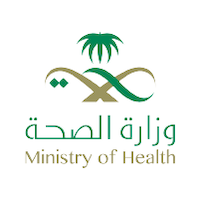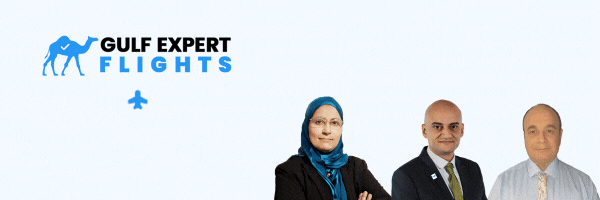Saudi Minister of Health, H.E. Fahad Abdulrahman AlJalajel underscored the Kingdom's commitment to safeguarding pilgrims' well-being during Hajj through advanced healthcare systems and preventive strategies. Speaking at the 49th Grand Hajj Symposium, held under the theme “Capability in Hajj and Contemporary Developments," the Minister highlighted the critical role of health readiness in enabling pilgrims to perform their rituals safely and confidently.
AlJalajel noted that health readiness is not just a requirement, it is a cornerstone of the Kingdom's vision to enhance pilgrims' experiences, in line with the goals of the Health Sector Transformation Program and the Pilgrim Experience Program, both key components of Saudi Vision 2030.
He explained that the Ministry of Health has adopted a proactive and preventative approach, beginning with pre-arrival medical screenings in pilgrims' home countries to ensure they are fit for the journey. The Ministry has also worked closely with the World Health Organization and partner nations to continuously update health protocols and ensure the safety of all attendees.
Among the innovations highlighted were the deployment of medical drones to transport essential medications across the holy sites, cutting delivery times from an hour to as little as 5–6 minutes. The Minister also pointed to the swift response of mobile stroke units, which began treatment within 16 minutes, and the use of robot-assisted surgeries at King Abdullah Medical City to improve outcomes and recovery times.
Concluding his remarks, AlJalajel affirmed the Ministry's dedication to expanding virtual health services, including the Seha Virtual Hospital and Sehhaty app, while continuing to lead in mass gathering health management through innovation, technology, and world-class service, ensuring pilgrims can perform their rites in a safe, seamless, and health-secure environment.
.png)
.png) 6 months ago
54
6 months ago
54








